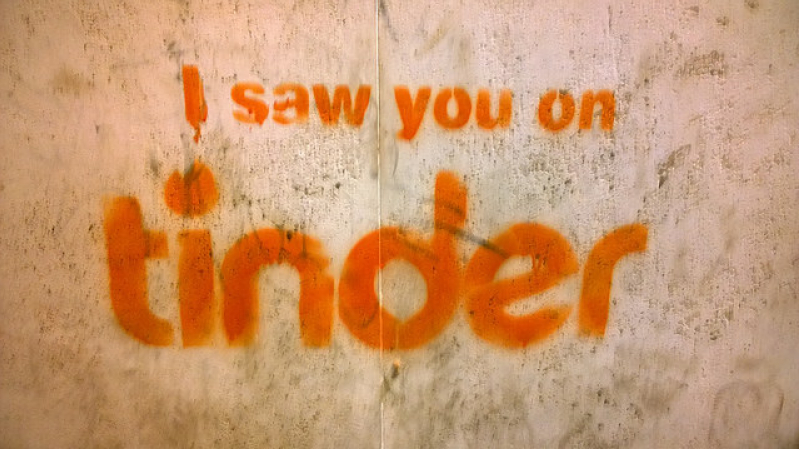
The dating world has now evolved with the times as the usual ways of meeting potential romantic partners have expanded to the online community. With dates easily set up with a click of a button, health experts have been wary of the proliferation of diseases brought about by unsafe sex. The anonymity of the people online also serves as a dangerous ground for victims gullible or careless enough to engage in intimate acts without any reassurance from their "matches." That is, it becomes almost impossible to check the health history of a person from his or her online profile.
"Mobile dating apps are rapidly altering the sexual landscape by making casual sex as easily available as ordering a pizza," noted Whitney Engeran-Cordova in 2015. The AIDS Healthcare Foundation (AHF) senior director added, "In many ways, location-based mobile dating apps are becoming a digital bathhouse for millennials wherein the next sexual encounter can literally be just a few feet away - as well as the next STD."
This statement was coupled with billboard ads which featured both Tinder and Grindr. The AHF opted to target the two online dating apps in an effort to raise STD awareness to both homosexuals and heterosexuals who engage in casual sexual dates. Besides the apps were STD names such as chlamydia and gonorrhea. Following the campaign's launch, Tinder called out AHF to put down the billboards.
"These unprovoked and wholly unsubstantiated accusations are made to irreparably damage Tinder's reputation in an attempt to encourage others to take an HIV test offered by your organization," said the online dating company of the billboard ads. Tinder further cited that no study supports the claims of AHF regarding the link between online dating apps and STDs.
Months following the issue, however, both AHF and Tinder emerged winners of the battle. In response to the health concern raised by the AIDS organization, the online dating app decided to add a feature to contribute to the solution. Tinder now provides an option for its users to check out the local STD treatment centers in their area. In exchange for this effort, the AHF put down the disputed billboard.
"An important aspect of any healthy relationship - whether formed on Tinder or otherwise - is ensuring sexual health and safety. While the CDC, who conducted the largest and most credible study on the topic, has never identified any connection that supports the idea that Tinder usage correlates with, let alone causes, an increase in STDs, we're of course in favor of organizations that provide public education resources on the topic," Tinder shared in a statement via The Guardian.
According to Angeran-Cordova, the effort was a joint venture by both Tinder and AHF. She shared, "There was a meeting and email conversation, and it was really about what would be effective and what would help their patrons from Tinder's side. They were receptive from the beginning - after we got past the cease and desist letter."






